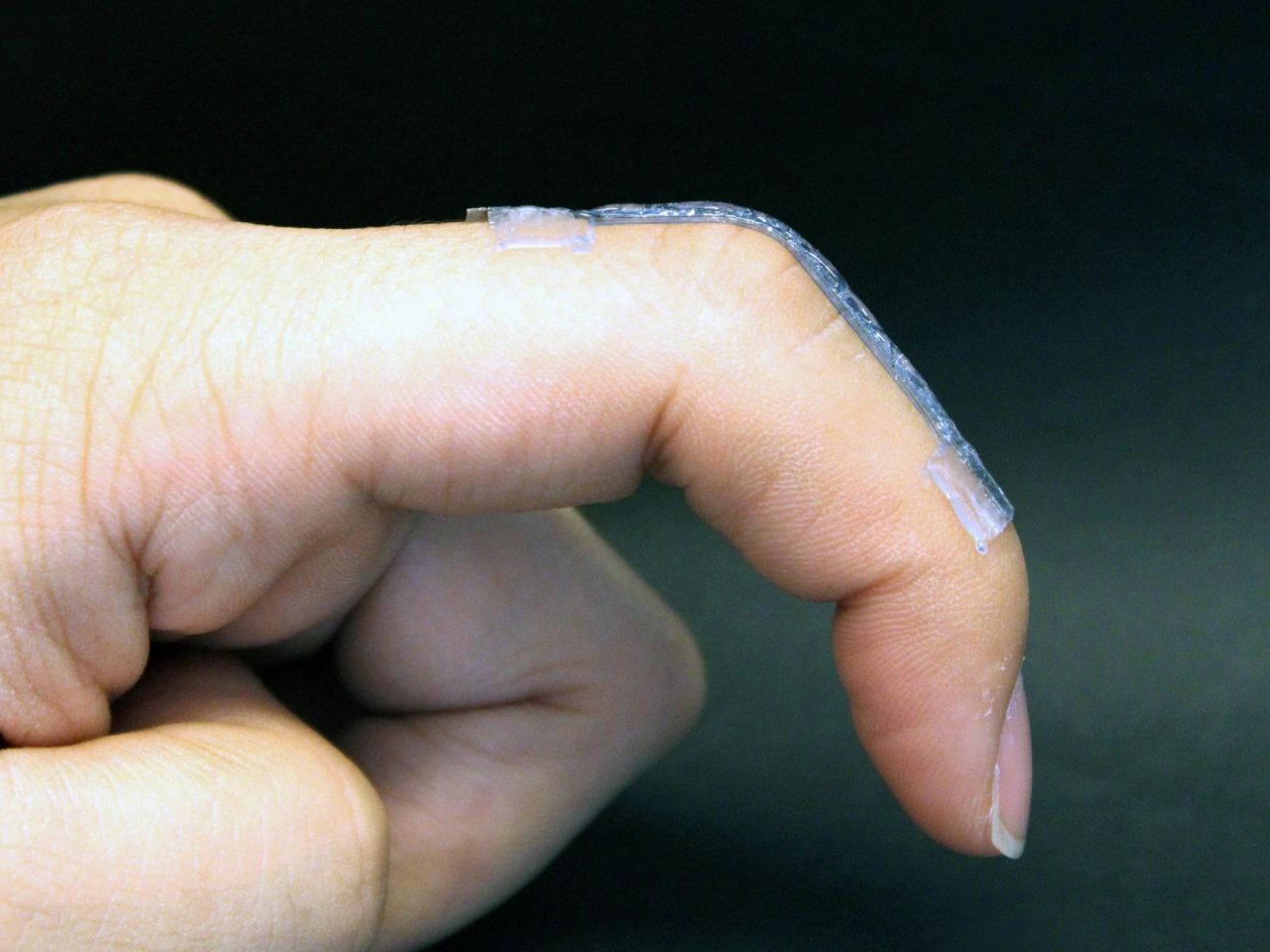June 26, 2024
Self-assembling, highly conductive sensors could improve wearable devices
To advance soft robotics, skin-integrated electronics and biomedical devices, researchers at Penn State have developed a 3D-printed material that is soft and stretchable — traits critical for matching the properties of tissues and organs — and that self-assembles. Their approach employs a process that eliminates many of the drawbacks of previous fabrication methods, such as less conductivity or device failure.
